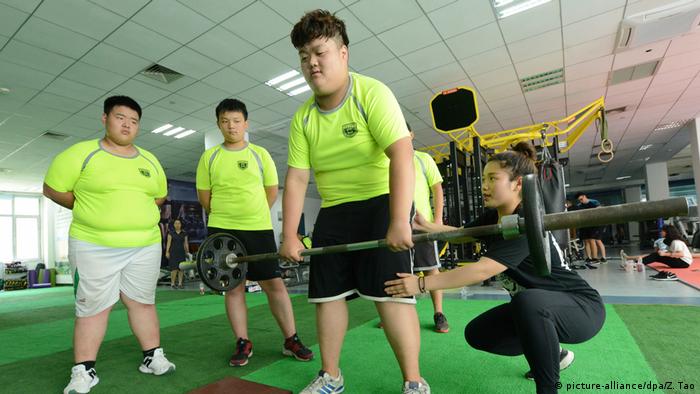A good example of how to incorporate physical fitness for youngsters into your daily life is joining a local gymnastics club. As a parent, you may be wondering how to get your kids involved in fitness activities. Thankfully, there are many ways to get your children active. While the Department of Health and Human Services recommends that kids be active for at least an hour every day, this can be daunting for kids. Instead of setting goals for your kids, set small milestones and track their progress.
Teenagers may be wondering how they can fit in daily physical activity, especially if they’re already busy with school, homework, and extracurricular activities. While it might be difficult to fit in a daily workout routine, if done in small doses, it will become a habit. Try walking or biking to school or work, take the stairs instead of the elevator, and join a physical education class at school if you’re able.
Fitness for youngsters has become increasingly important in recent years. In the UK, one initiative aimed at encouraging youngsters to be physically active and get involved with sport has gained popularity. Schools in Haddenham and Swansea, for example, have begun a new programme called the Daily Mile that promotes fitness for youngsters and helps them develop a love of sport and exercise. In addition, some GP surgeries are even starting virtual fitness sessions to encourage youngsters to get moving.
Physical activity guidelines were also published by the Canadian Society for Exercise Physiology in 2002. These guidelines outline the recommended amount of physical activity for kids of all ages. The guidelines emphasize aerobic activities for children aged six to nine years, and muscle and bone strengthening exercises for youngsters ages 10 to 14 years old. Parents can even find magazines or guides geared specifically for kids on physical fitness. This way, children can start exercising without any training. A few minutes of exercise each day will help their bodies build up to the stress they’re experiencing.
Regular physical activity is vital for teenagers. It can help prevent a number of health problems later in life. Regular activity helps develop a strong body and boosts cardiovascular health, which are important for physical fitness. Furthermore, it improves cardiovascular health, helps reduce stress and builds confidence. By incorporating physical activity into your child’s daily routine, you’re increasing their chances of staying motivated throughout the day. So, it’s time to start the discussion about fitness for youngsters.
A recent study concluded that exercise is associated with a number of health benefits in school-age children. Even moderate amounts of physical activity can improve bone health and increase bone strength. In fact, moderate and vigorous intensity exercise are most beneficial for high-risk children. A study conducted in Brazil and Chile found that moderate and vigorous physical activity could reduce the incidence of a number of diseases and illnesses. The results also suggested that the benefits of physical activity were greater for children with disabilities.


